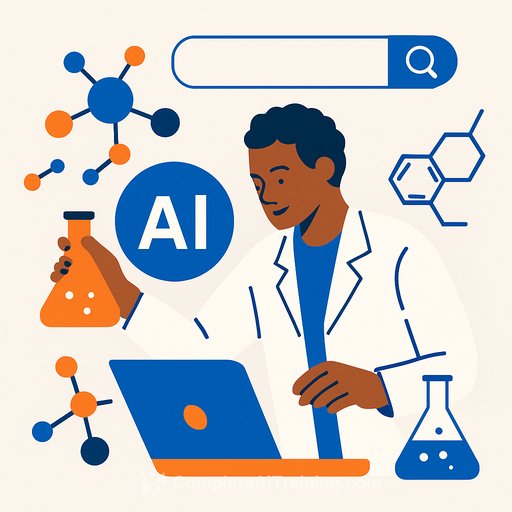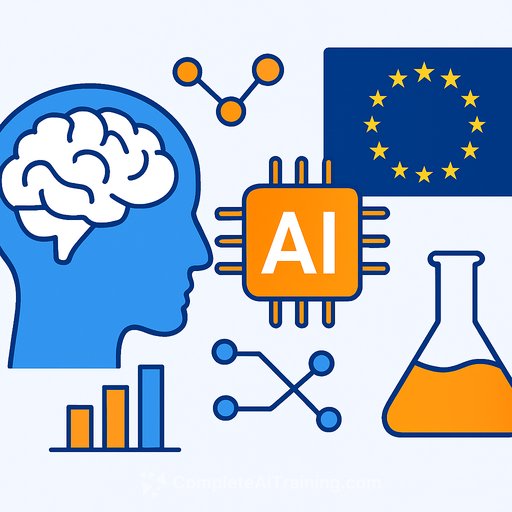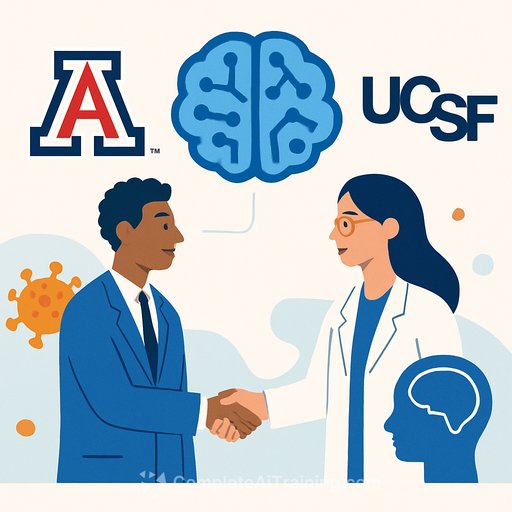Chemistry’s ChatGPT Moment: Will Reaxys AI Change the Game for Researchers?
Amid rising development costs in Big Pharma, Elsevier has introduced Reaxys AI Search, marking the first chemistry database to offer natural language document search powered by artificial intelligence. This tool accesses over 121 million documents, including patents and peer-reviewed articles, delivering fast and precise results that researchers say could significantly speed up discovery in chemistry-related fields.
Faster Search, Faster Results, Higher Quality Discoveries
Users of Elsevier’s AI tools report cutting their search times by half, turning projects that once took weeks into tasks completed in days. Reaxys AI Search interprets user intent, handles spelling differences, abbreviations, and synonyms, and returns the most relevant documents. Think of it as Google’s early 2000s search breakthrough, but customized for chemical research.
This capability is especially valuable in interdisciplinary areas such as materials science, chemical engineering, and polymer science, where connecting insights across domains was previously difficult. Researchers are now finding links hidden in millions of documents that were overlooked before.
Speed is important, but the quality of discoveries made possible by AI-driven research is the real advancement.
More Efficient Drug Discoveries Could Save More Lives
Reaxys AI Search has the potential to reduce prescription drug costs by 30% and accelerate the availability of life-saving treatments. AI has already shortened drug development timelines by predicting effective compounds before costly lab testing begins. This approach replaces traditional trial-and-error methods, potentially saving billions.
Machine learning now helps chemists design materials with targeted properties like durability or sustainability before any lab work begins. In addition, AI assists in overcoming supply chain disruptions affecting pharmaceuticals and semiconductors by mining extensive chemical literature and experimental data.
Researchers analyze high-throughput experimentation data using frameworks such as HiTEA to identify optimal and poor-performing reaction methods, offering new insights into effective chemical processes.
Elsevier’s tool follows Responsible AI Principles, ensuring data privacy and security. User interactions stay private, with no data used to train external models.
What It Might Mean for the Future
The early release of Reaxys AI Search is now available to all Reaxys users alongside traditional search options. Combining natural language processing with a vast chemical database could boost productivity significantly. Early adopters are saving time and gaining competitive advantages, accelerating discovery and innovation.
While many researchers still rely on outdated search methods, those using AI-driven tools are uncovering breakthrough insights faster, shortening research cycles, and staying ahead in scientific progress.
For researchers interested in exploring AI tools and their applications in science, Complete AI Training offers courses and resources to build relevant skills.
Your membership also unlocks:






